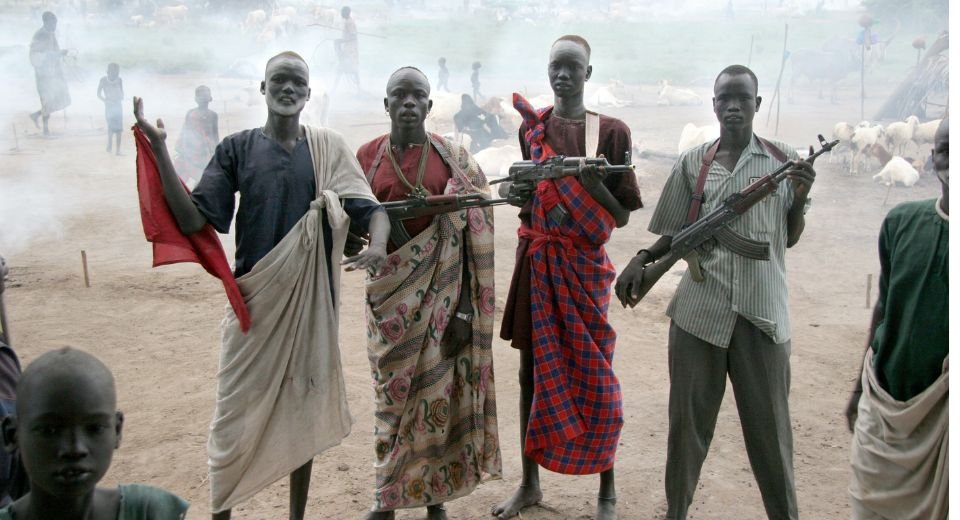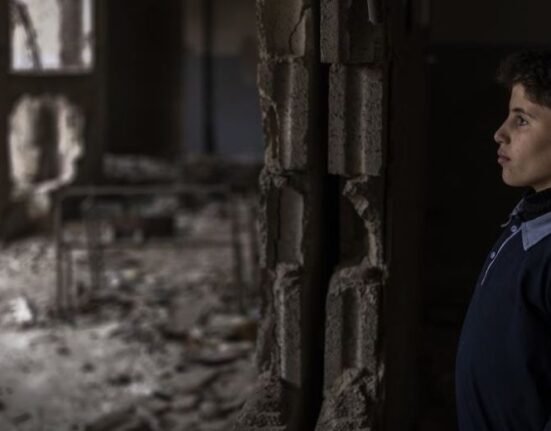HQ Team
July 25, 2023: Sixty-seven percent of Sudan’s hospitals are out of service and 10 healthcare workers have died in the internal conflict since mid-April, the WHO stated.
“Three months of conflict have left the country facing a catastrophic humanitarian crisis that has spilled into six countries across two WHO regions,” according to a WHO statement.
About 24 million people are in need of humanitarian aid, including 2.6 million internally displaced. An additional 757,000 people have been forced to flee to neighboring nations for safety.
“These numbers are growing every day,” according to the WHO statement.
Denial of life-saving services
Tensions rose on April 15 when violent clashes erupted between the army and a paramilitary group known as the Rapid Support Forces in Khartoum, Sudan’s capital.
Sudan borders the Red Sea, the Sahel region, and the Horn of Africa.
“It is a tragedy and an outrage that in the middle of this deepening crisis, fighters continue to attack health facilities and workers, denying life-saving services to innocent civilians when they are at their most vulnerable.”
“We are appalled by reports of sexual and gender-based violence against women and girls; those who are displaced are especially vulnerable. Today, more than 4 million women and girls are at risk of sexual and gender-based violence, and they must be protected at all costs.”
Disease outbreaks, such as malaria, measles, dengue, and acute watery diarrhea — that had been well under control before the current conflict — are increasing due to the disruption of basic public health services.
As the rainy season begins in Sudan, outbreaks are likely to claim more lives unless urgent action is taken to restore their spread, according to the global health agency.
Life remains precarious
The current situation — without immediate prospects of peace — is only complicating access and delivery of humanitarian assistance, including emergency supplies.
In Sudan humanitarian access remained “extremely limited.” For the hundreds of thousands who have sought refuge across borders, life remained precarious.
Several receiving countries — including the Central African Republic, Chad, Ethiopia, and South Sudan — already host large numbers of people displaced by protracted conflicts and who face dire living conditions without essential services. “Still, the need is great and growing.”
“We call for the protection of civilians, humanitarian workers, health facilities, personnel and patients, whose safety must be respected by all warring parties.”








